Alcohol and drug use
Alcohol consumption is associated with an increased risk of chronic disease, injury and premature death (Schuckit 2009). Illicit drug use can have severe health effects, including mental health and death by accidental poisoning (overdose).
The social and economic impacts of the use and misuse of alcohol and other drugs includes increased criminal activity, engagement in risky behaviours, victimisation, and substantial financial costs on the Australian community (AIHW 2021e).
Our area of focus
Rates of alcohol and drug consumption are very high in some of our regional areas, though moderate if we consider the region as a whole.
Evidence
- The most recent data available showed that
Amphetamines (34%), cannabis (28%), alcohol (19%) and heroin (5%) were the four
most common drugs that people in the region sought treatment for during 2019–20
(AIHW 2021e).
- Residents told us in recent consultations that when it comes to preventing and accessing alcohol and other drug support services, they would like to see (Health Consumer Queensland 2023):
- support for an early intervention program
- integration of care between alcohol and other drug (AOD), mental health, and GP service providers
- integration between AOD and social services
- intervention addressing the root causes of AOD use and addiction
- deep and meaningful engagement and consumer-led service design
- peer workforce support and training for AOD professionals
- realistic outreach programs
- peer support programs
- flexible delivery of services, such as virtual support, after hours services or offering the most effective approach to an individual’s situation
- access and equity for marginalised communities seeking AOD treatment
People seeking to address their substance use can benefit from evidence-based treatments that help them to achieve their goals and change their lives.
This priority area has been assessed against available services in our region. We consider service gaps in relation to these needs, and you can view services funded by the PHN through the PHN Services Library.
Opportunities
Our region would benefit from increased availability and access to specialised counselling, support and rehabilitation services that deal with alcohol and drug use but also focus on other aspects of health and wellbeing.
Focus areas we have identified include:
- education and prevention activities focused on young people
- alcohol and drug training for health service staff, including general practitioners
- peer support programs for health service staff
- Aboriginal and Torres Strait Islander workers trained in alcohol and drug care, especially in rural and remote regional areas
- educational resources for allied professions such as police, youth workers and teachers
- integration between mental health, alcohol and other drug services, and other providers in the primary healthcare system
- Local Drug Action Teams
- transport options and mobile treatment services for rural areas
- after-hours treatment options for alcohol and drug cases
- day and residential rehabilitation services
- prescribers and pharmacies involved in opioid replacement therapy.
Collaborative partners
- Hospital and Health Services
- Local Governments
- Peak bodies and service partners
- Accreditation and training agencies
- Regional Child, Youth and Family Committee
- Queensland Network of Alcohol and Other Drug Agencies.
The outcomes of these actions will be seen in:
- increased help-seeking related to alcohol and drug use
- decreased rates of presentation of alcohol and drug cases to emergency departments.
Our progress
Consistent with the findings of last HNA, the JRNA has found that rates of drug and alcohol consumption are similar to Queensland averages across the region, but some regional areas have much higher rates. Support in these areas to promote health and encourage the use of mental health and allied services will continue to be important to deliver improved outcomes.
Insights
Related priorities
- Providing primary mental health care
- Improving the health of vulnerable groups
- Improving the health of Aboriginal and Torres Strait Islander peoples
- Promoting health and preventing disease
Updated: February 2025



